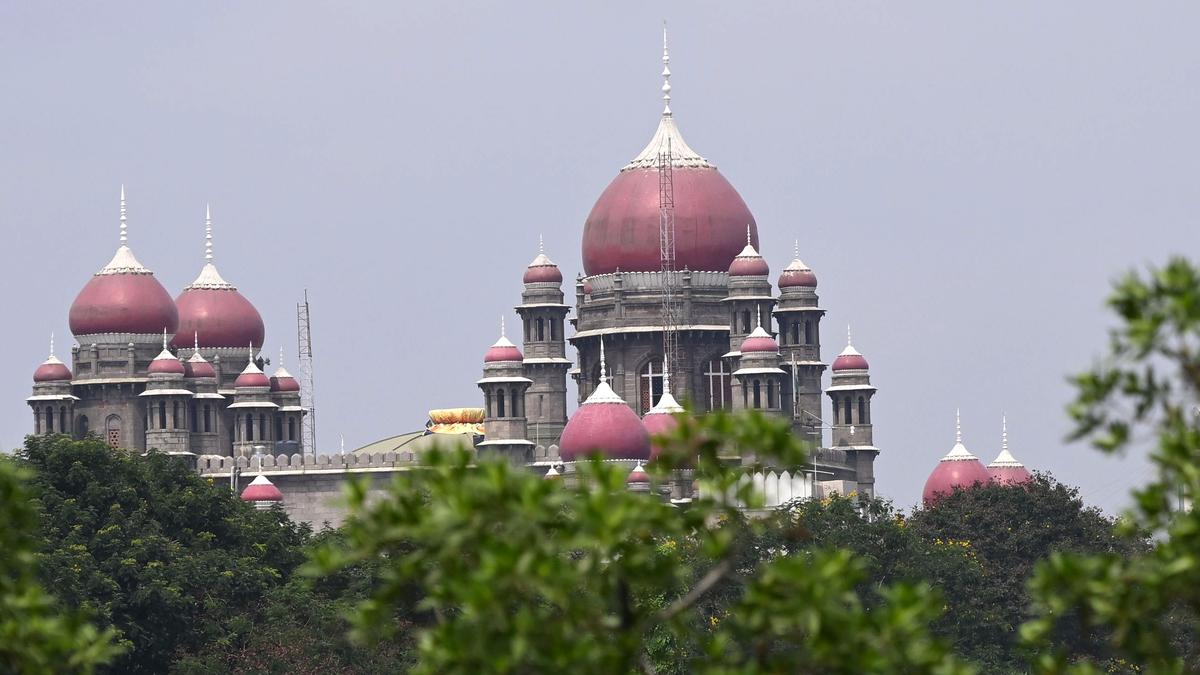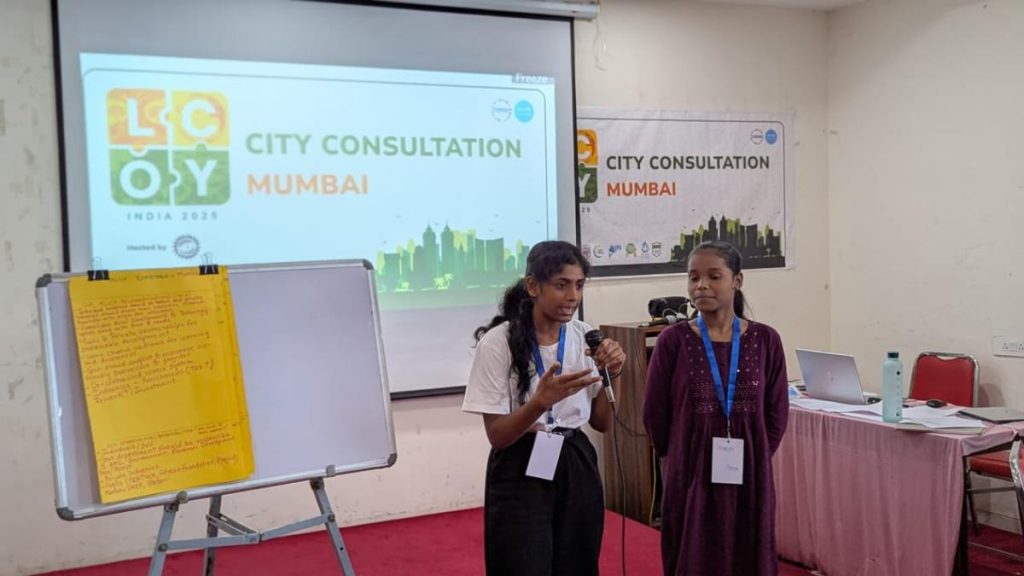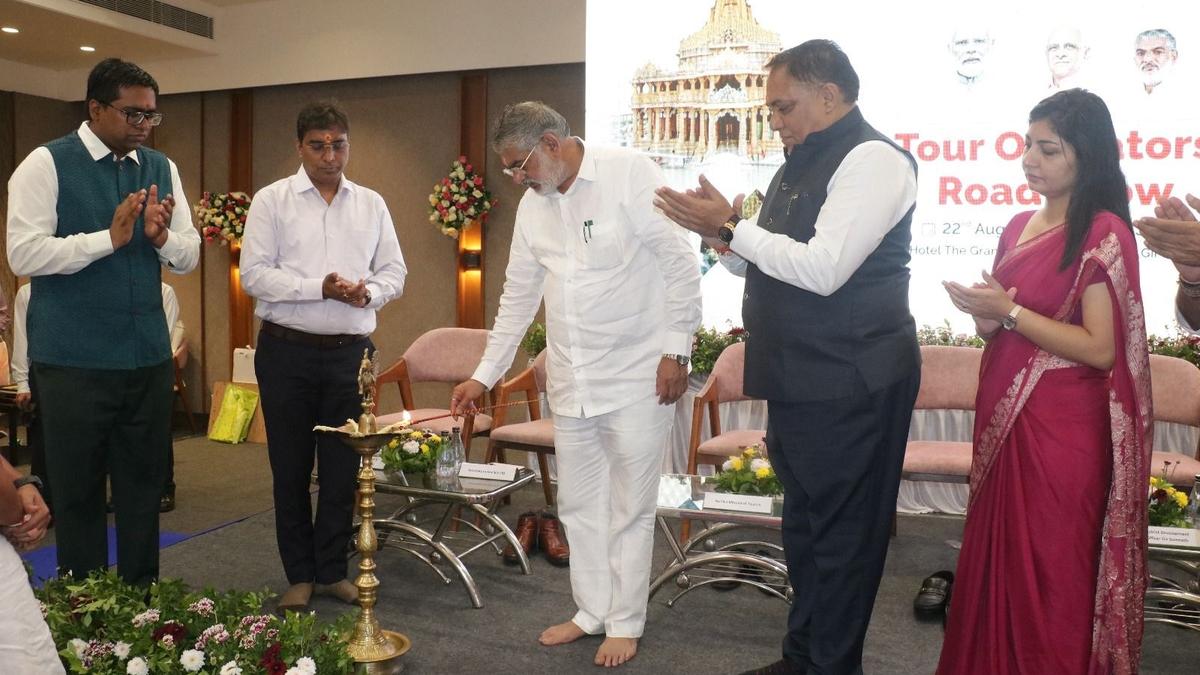Now Reading: HC Clears Path for Ghose Commission Report Tabling, No Relief for KCR and Harish Rao
-
01
HC Clears Path for Ghose Commission Report Tabling, No Relief for KCR and Harish Rao
HC Clears Path for Ghose Commission Report Tabling, No Relief for KCR and Harish Rao

Fast Summary:
- Telangana High Court Decision: The court declined interim relief to former CM K. Chandrasekhara Rao and former Minister T. Harish Rao, who sought quashing of the Justice (Retired) P.C. Ghose Commission report on alleged irregularities in the kaleshwaram project.
- Bench Observations: The bench stated that petitioners’ apprehension about action being taken based on the findings was misplaced but allowed one week for their response to counter affidavits after they are filed within four weeks by government officials.
- Legal Procedure Noted: According to the Commissions of Inquiry Act-1952, such reports must be debated in the Assembly before any government action.
- government Assurance: The Advocate General assured further action on the report would follow assembly discussions and informed procedural compliance.
- Petitioners’ Concerns: petitioners claimed prejudice due to leaked contents via a press conference and availability of the report online prior to Assembly submission; court ordered removal from official websites if uploaded.
Indian opinion Analysis:
the Telangana High Court’s decision emphasizes adherence to procedural norms outlined under India’s Commissions of Inquiry Act while balancing concerns raised by petitioners regarding reputation damage due to premature dissemination of reports. By declining immediate intervention, yet mandating safeguards like website removal and counter affidavit submissions, it reflects judicial prudence in handling politically sensitive cases without overstepping legislative processes.
The implications may affect governance checks-and-balances dynamics in India-strengthening clarity around inquiry commission procedures and ensuring transparent handling within democratic frameworks. Moreover, delaying premature conclusions ensures public trust while reducing scope for unwarranted political narratives tied with developmental projects like kaleshwaram.

























